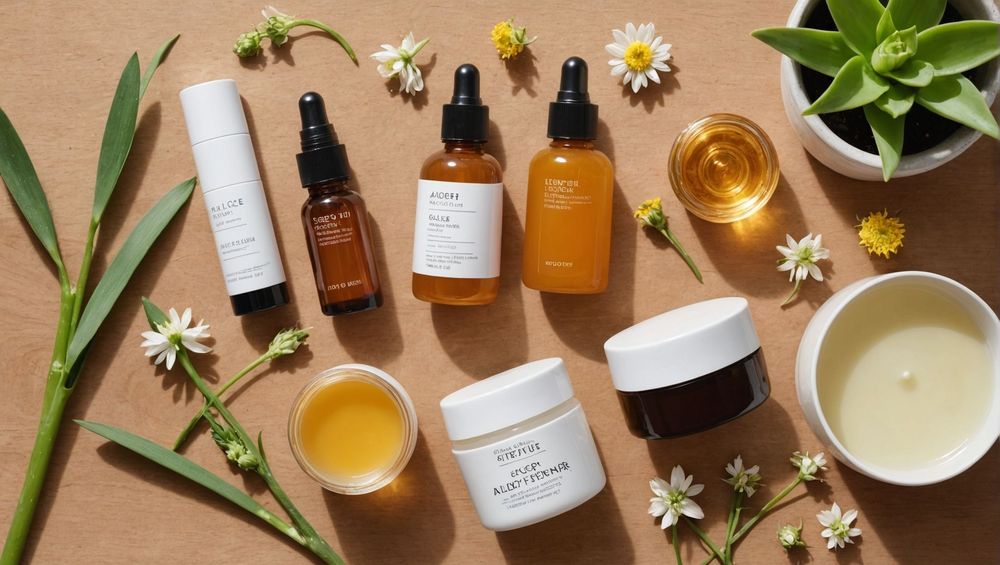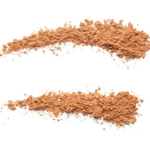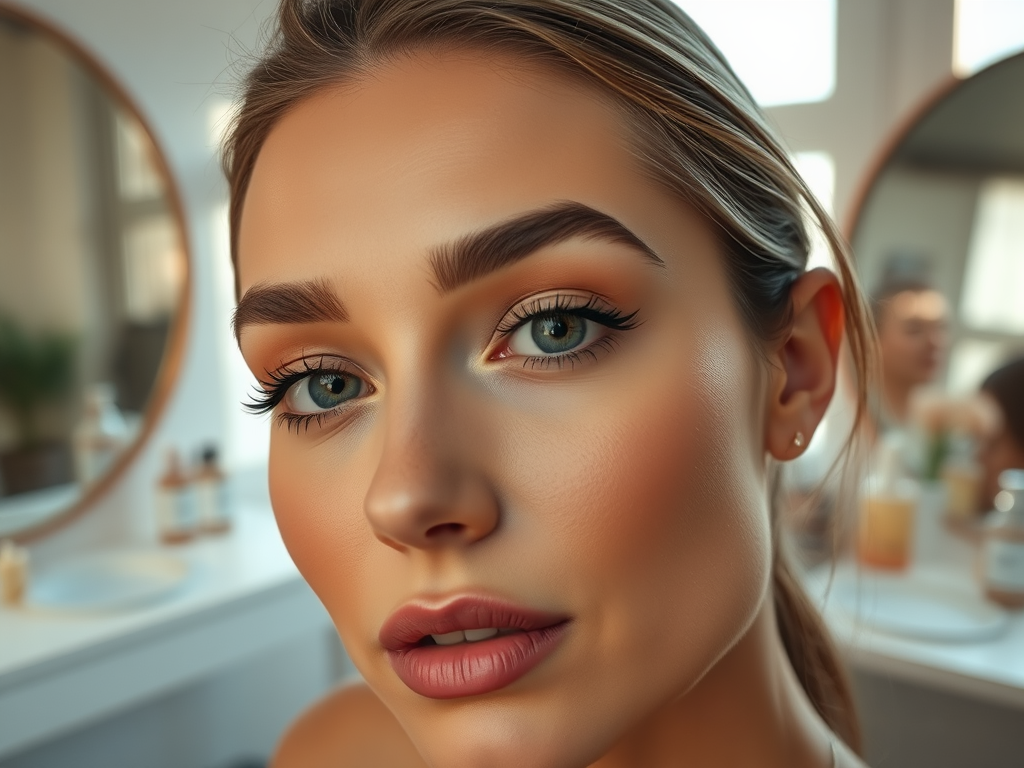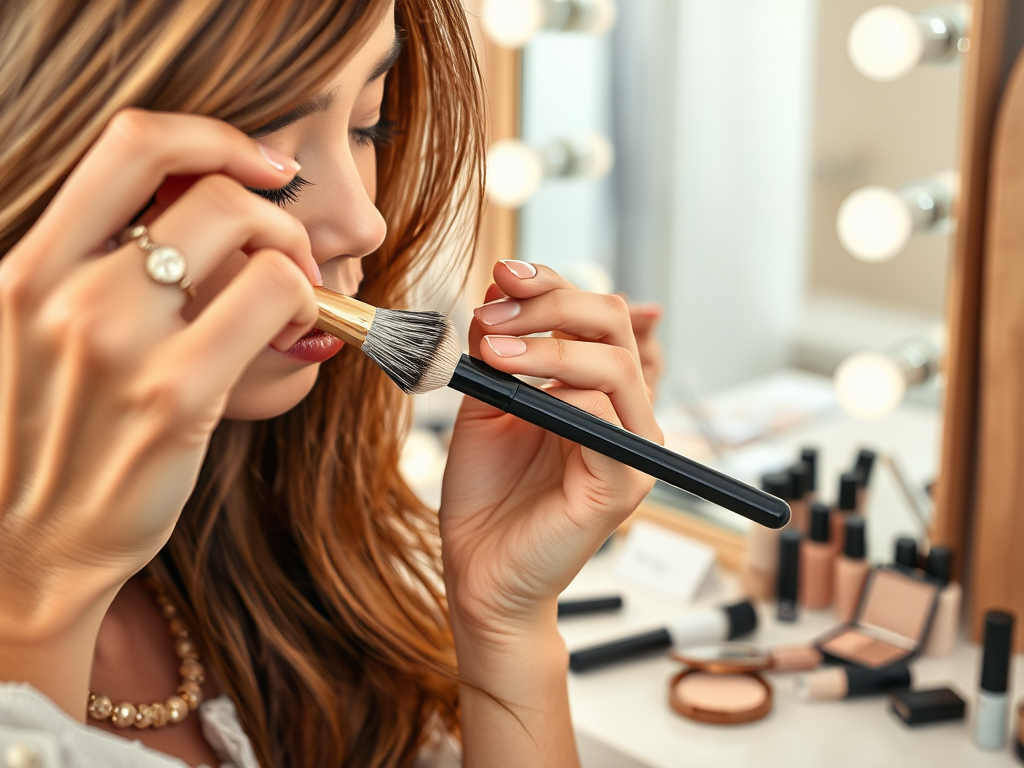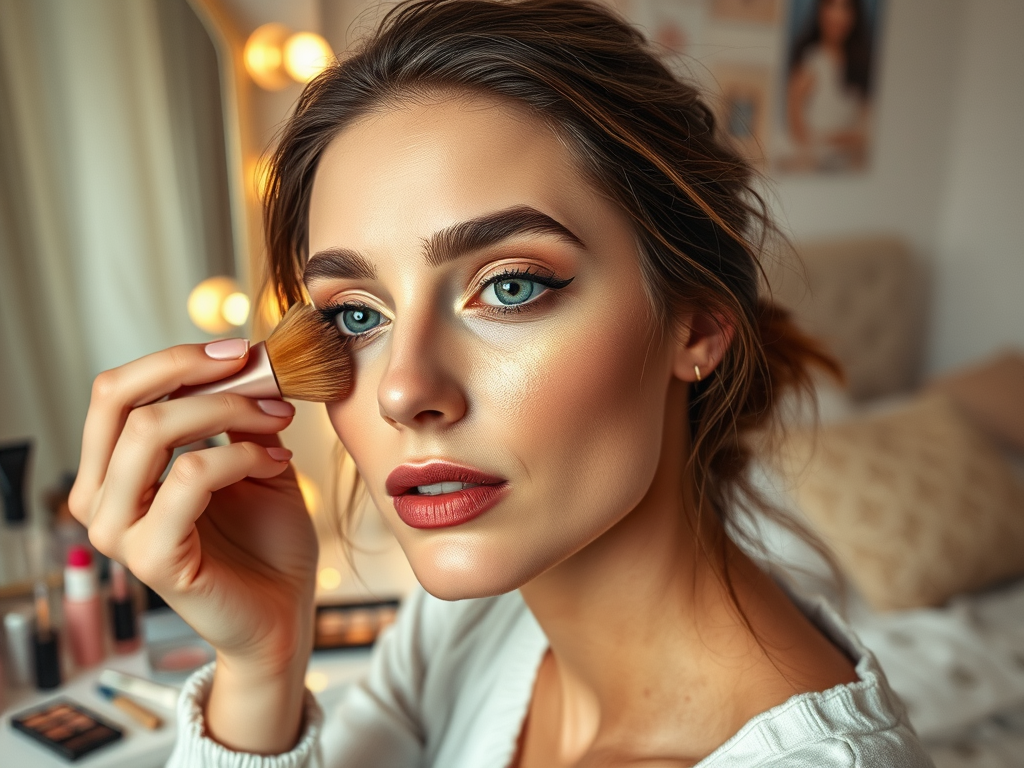If you’re struggling with dark marks left behind by acne, you’re not alone. Acne scars can be a frustrating reminder of a challenging skin condition, but fortunately, there are effective treatments available that can help. In this article, we’ll explore various acne scar treatment options, their mechanisms, and how they can help you regain your skin’s clarity. From professional treatments to effective over-the-counter products, our guide will cover everything you need to know about combating those stubborn dark marks.
Understanding Acne Scars
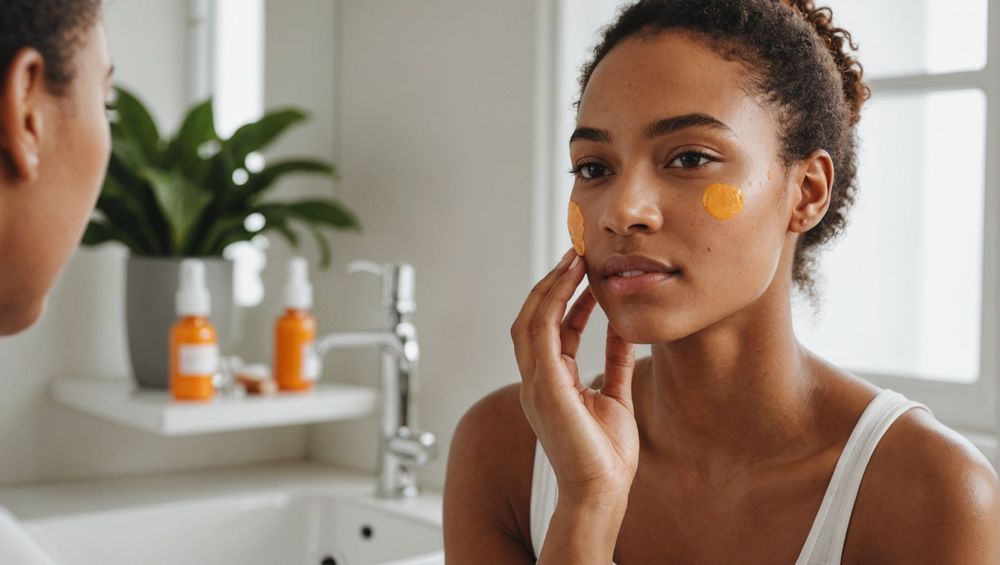
Before delving into treatments, it’s essential to understand what acne scars are and what they look like. Acne scars develop when a blemish heals and leaves behind either a noticeable mark or an indentation, primarily due to inflammation and tissue loss. There are two primary types: atropic scars, which are depressions in the skin, and hypertrophic scars, which appear raised. Additionally, discoloration may occur even when no physical scar is visible, resulting in post-inflammatory hyperpigmentation (PIH). This darkening can linger long after the acne has resolved, necessitating effective treatment options.
Professional Treatments for Acne Scars

For those seeking quicker and often more dramatic results, professional treatments might be the best path. Here are some of the top options available:
- Laser Therapy: This technique uses concentrated light beams to reduce scar tissue and promote new skin cell growth. Various lasers, both ablative and non-ablative, can effectively treat acne scars.
- Chemical Peels: This treatment involves applying a chemical solution to exfoliate the top layer of skin, thus encouraging the growth of new skin and improving texture and coloration.
- Microneedling: By creating tiny injuries in the skin, microneedling stimulates collagen production, which can fill in depressed scars over time.
- Dermal Fillers: Injectable fillers can smooth out atrophic scars, providing immediate results by elevating the skin’s surface.
- Subcision: This minimally invasive procedure involves inserting a needle to break up fibrous bands beneath the skin’s surface, which can help elevate depressed scars.
Over-the-Counter Treatments for Acne Scars
If professional treatments are not feasible, several over-the-counter products can help alleviate the appearance of acne scars. Here are some types to consider:
- Topical Retinoids: These vitamin A derivatives promote cell turnover, making skin smoother and diminishing the appearance of scars over time.
- Vitamin C Serums: Antioxidants like vitamin C can brighten skin and reduce hyperpigmentation, thus aiding in the overall clarity of the complexion.
- Alpha Hydroxy Acids (AHAs): These exfoliating acids help in removing dead skin cells and promoting a more even skin tone.
- Niacinamide: This compound not only helps with acne but also improves skin texture and evens out pigmentation.
- Hydroquinone: Available in both prescription and over-the-counter forms, this lightening agent effectively targets dark spots.
Natural Remedies for Acne Scars
If you prefer a gentler approach, several natural remedies may help lighten dark marks over time. However, it’s important to manage expectations, as natural remedies often take longer to show results. Consider trying:
- Aloe Vera: Known for its healing properties, it can hydrate skin and reduce inflammation.
- Honey: With its antibacterial properties, honey not only aids healing but can also promote skin regeneration.
- Green Tea Extract: Rich in antioxidants, it can reduce redness and improve overall skin health.
- Essential Oils: Oils like tea tree and lavender can help reduce inflammation and promote healing when diluted properly.
- Exfoliating Masks: Natural exfoliants like oatmeal or baking soda can aid in the skin’s renewal process.
Tips for Prevention and Aftercare
Beyond treatments, preventing acne scars is crucial. Here are some expert tips to help maintain clear and healthy skin:
- Avoid Picking: Picking at acne can worsen inflammation and lead to scarring, so resist the urge to pop those blemishes.
- Use Sunscreen: Protecting your skin from the sun’s harmful UV rays is essential since sun exposure can darken scars and make them more prominent.
- Stay Hydrated: Keeping your body hydrated can help in skin elasticity and healing.
- Maintain a Consistent Skincare Routine: Adopting a routine tailored for your skin type can help manage breakouts and minimize scars.
- Consult Skincare Professionals: A dermatologist can provide personalized advice and recommendations tailored to your unique skin needs.
Conclusion
Acne scars can be a bothersome reminder of past skin struggles, but various treatments—both professional and over-the-counter—are available to help eliminate those dark marks. From laser therapies to topical treatments, the right choice for you may depend on the severity of your scars and your skin type. Whichever route you choose, consistency in treatment and care combined with proactive prevention measures can lead to clearer skin and renewed confidence in your complexion.
FAQs
1. How long does it take for acne scars to fade?
Acne scars can take several months to a few years to fade completely, depending on the treatment method used and the individual’s skin type.
2. Can I treat acne scars at home?
Yes, over-the-counter products such as topical retinoids, vitamin C serums, and chemical exfoliants can be effective for treating acne scars at home.
3. Are professional treatments worth the cost?
Many find professional treatments like laser therapy and microneedling effective in achieving more significant results compared to over-the-counter options, making them worth the investment for visible improvement.
4. Will my acne scars come back after treatment?
If you do not maintain a proper skincare routine and manage your acne triggers, there’s a chance new scars may develop. Maintaining consistent skincare is crucial.
5. Is it safe to combine different treatment methods?
Yes, combining treatments can often yield better results. However, it’s best to consult with a dermatologist to ensure compatibility and avoid skin irritation.
